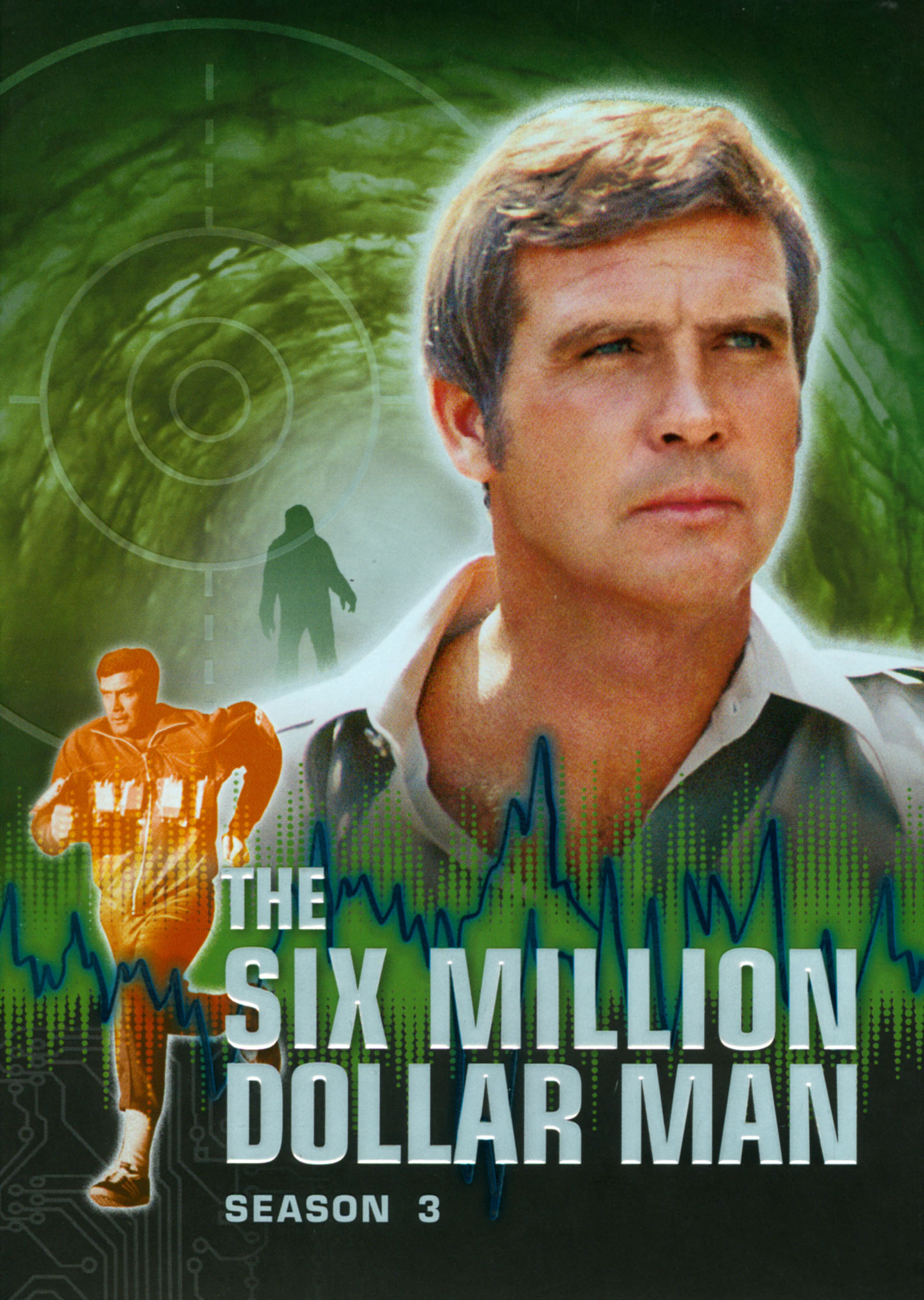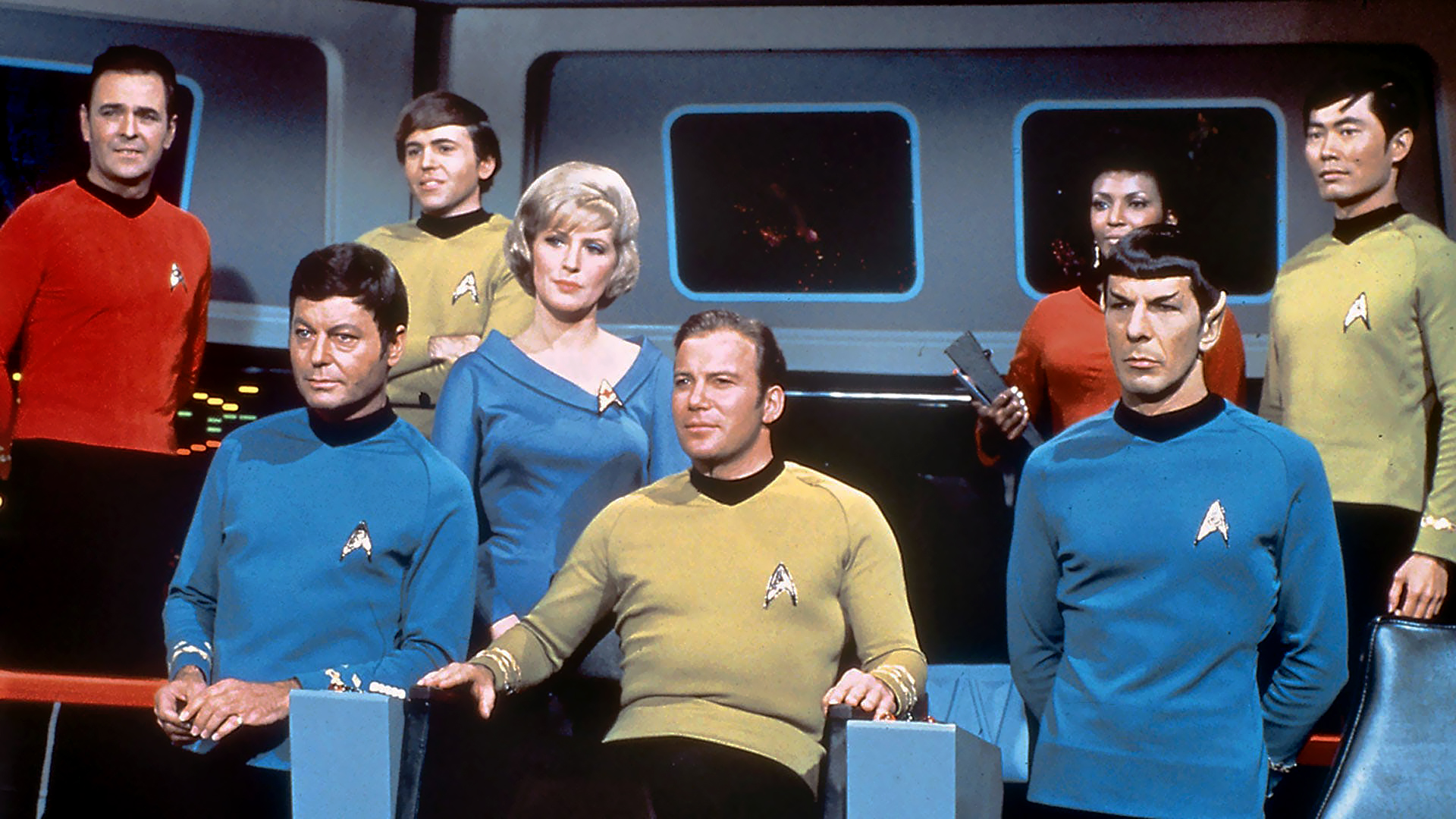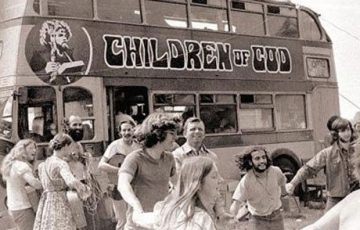by Akim Reinhardt
 There is a minor American myth about shame and regret. It goes like this.
There is a minor American myth about shame and regret. It goes like this.
In the years following Richard Nixon’s 1974 resignation amid scandal and disgrace, polls found that fewer Americans admitted to having voted for him than actually did. Apparently many former Nixon voters now realized the error of their ways and were embarrassed to admit ever having pulled the lever for him.
Everything about this story is false, and the truth of it is worse. Nixon’s loyal supporters stood by him the entire way, despite his crimes. His popularity did not retreat behind a wave of shame; it was merely muted by the national embarrassment of his resignation.
What does this tell us about today’s Trump supporters? Partisan divisions are much worse now than they were during the mid-1970s, so Trump voters’ fierce loyalty to this sexist, racist charlatan is unsurprising. But in explaining why, we tend to focus on the Cult of Trump, as if he has special qualities that give him some magical hold over his supporters. True, in many ways Trump is a unique politician in American history. Yet given our history, it seems likelier that his supporters’ undying devotion is less about the spells Trump casts, and more about the constancy of American political partisanship.
Indeed, the difference between Trump’s and Nixon’s loyal supporters might be more about decibel count than sentiment. And so by looking back at the steadfast support Richard Nixon maintained right through his resignation, we can better understand the misguided loyalty keeping Trump’s reelection campaign afloat. Read more »

 During the 1990s, the impossibility of a black president was so ingrained in American culture that some people, including many African Americans, jokingly referred to President Bill Clinton as the first “black president.” The threshold Clinton had passed to achieve this honorary moniker? He seemed comfortable around black people. That’s all it took.
During the 1990s, the impossibility of a black president was so ingrained in American culture that some people, including many African Americans, jokingly referred to President Bill Clinton as the first “black president.” The threshold Clinton had passed to achieve this honorary moniker? He seemed comfortable around black people. That’s all it took.
 Violence : War :: Lies : Mythology
Violence : War :: Lies : Mythology Manhattan always has been and always will be New York City’s geographic and economic center. But if you’re actually from New York, then you’re very likely not from Manhattan. Like me, you’re from one of the outer boroughs: The Bronx, Brooklyn, Queens, or Staten Island. And as far as we’re concerned, we’re the real New Yorkers. The natives with roots and connections, and the immigrants who are life-and-death dedicated to making them, not the tourists who come for a weekend or a dozen years before trundling back to America.
Manhattan always has been and always will be New York City’s geographic and economic center. But if you’re actually from New York, then you’re very likely not from Manhattan. Like me, you’re from one of the outer boroughs: The Bronx, Brooklyn, Queens, or Staten Island. And as far as we’re concerned, we’re the real New Yorkers. The natives with roots and connections, and the immigrants who are life-and-death dedicated to making them, not the tourists who come for a weekend or a dozen years before trundling back to America. I was a minor mess in high school. Had no idea what to do with my curly hair. Unduly influenced by a childhood spent watching late ‘70s television, I stubbornly brushed it to the side in a vain attempt to straighten and shape it into a helmet à la The Six Million Dollar Man or countless B-actors on The Love Boat and Fantasy Island. I couldn’t muster any fashion beyond jeans, t-shirts, and Pumas. In the winter I wore a green army coat. In the summer it was shorts and knee high tube socks.
I was a minor mess in high school. Had no idea what to do with my curly hair. Unduly influenced by a childhood spent watching late ‘70s television, I stubbornly brushed it to the side in a vain attempt to straighten and shape it into a helmet à la The Six Million Dollar Man or countless B-actors on The Love Boat and Fantasy Island. I couldn’t muster any fashion beyond jeans, t-shirts, and Pumas. In the winter I wore a green army coat. In the summer it was shorts and knee high tube socks. Being a horrible person is all the rage these days. This is, after all, the Age of Trump. But blaming him for it is kinda like blaming raccoons for getting into your garbage after you left the lid off your can. You had to spend a week accumulating all that waste, put it into one huge pile, and then leave it outside over night, unguarded and vulnerable. A lot of time and energy went into creating these delectable circumstances, and now raccoons just bein’ raccoons.
Being a horrible person is all the rage these days. This is, after all, the Age of Trump. But blaming him for it is kinda like blaming raccoons for getting into your garbage after you left the lid off your can. You had to spend a week accumulating all that waste, put it into one huge pile, and then leave it outside over night, unguarded and vulnerable. A lot of time and energy went into creating these delectable circumstances, and now raccoons just bein’ raccoons. There was this one moment. A sunny June day in Nebraska. No one was around. I dribbled the basketball over the warm blacktop, moving towards a modest hoop erected at the end of a Lutheran church parking lot. I picked up my dribble, took two steps, sprung lightly from my left foot, up and forward, my right arm extending as my hand gracefully served the ball to the white backboard. Its upward angle peaked, bounced softly, and descended back through the netless hoop.
There was this one moment. A sunny June day in Nebraska. No one was around. I dribbled the basketball over the warm blacktop, moving towards a modest hoop erected at the end of a Lutheran church parking lot. I picked up my dribble, took two steps, sprung lightly from my left foot, up and forward, my right arm extending as my hand gracefully served the ball to the white backboard. Its upward angle peaked, bounced softly, and descended back through the netless hoop. There should be more.
There should be more. Most people associate the Cold War with several decades of intense political and economic competition between the United States and Soviet Union. A constant back and forth punctuated by dramatic moments such as the Berlin Airlift, the Berlin Wall, the arms race, the space race, the Bay of Pigs, the Cuban Missile Crisis, Nixon’s visit to China, the Olympic boycotts, “Mr. Gorbachev, tear down this wall!” and eventually the collapse of the Soviet system.
Most people associate the Cold War with several decades of intense political and economic competition between the United States and Soviet Union. A constant back and forth punctuated by dramatic moments such as the Berlin Airlift, the Berlin Wall, the arms race, the space race, the Bay of Pigs, the Cuban Missile Crisis, Nixon’s visit to China, the Olympic boycotts, “Mr. Gorbachev, tear down this wall!” and eventually the collapse of the Soviet system.
 I first heard Motörhead in 1988. I was a DJ at
I first heard Motörhead in 1988. I was a DJ at  During my late 1970s New York City childhood, repeats of Star Trek aired every weeknight on channel 11, WPIX. The original 79 episodes ran about three times per year, which means that, allowing for the occasional miss, I’d seen each episode about 10 – 12 times before reaching high school.
During my late 1970s New York City childhood, repeats of Star Trek aired every weeknight on channel 11, WPIX. The original 79 episodes ran about three times per year, which means that, allowing for the occasional miss, I’d seen each episode about 10 – 12 times before reaching high school. Forever is a long time.
Forever is a long time. This song got caught in my head as I circled the country in my 1998 Honda. Leaving New York City, I drove west into the heart of America, up to the Dakotas, out to California, down the Golden State, and then back along the Southern route before angling northward to Baltimore. I saw nearly all the America you can see. But of course there’s not just one America. There are many.
This song got caught in my head as I circled the country in my 1998 Honda. Leaving New York City, I drove west into the heart of America, up to the Dakotas, out to California, down the Golden State, and then back along the Southern route before angling northward to Baltimore. I saw nearly all the America you can see. But of course there’s not just one America. There are many.
 When a song gets really stuck in my head, I break it down. I learn how to play it and even ponder ways to fiddle with it and improve it. In the throes of involuntary obsession, it gives me something to do. It’s a coping mechanism, a way to retain my sanity. And for this project, it also means writing, at least a little bit, about the song and artist. To create some context.
When a song gets really stuck in my head, I break it down. I learn how to play it and even ponder ways to fiddle with it and improve it. In the throes of involuntary obsession, it gives me something to do. It’s a coping mechanism, a way to retain my sanity. And for this project, it also means writing, at least a little bit, about the song and artist. To create some context. I never met Jeremy Spencer, so I can only guess. I suspect he was searching for something. Only 23 years old, perhaps he was unhappy with himself, or the world around him. Perhaps he was scared and craving shelter from the storm. Perhaps he dreamed of what could be, or pined for a grand voyage. Maybe he just got lost.
I never met Jeremy Spencer, so I can only guess. I suspect he was searching for something. Only 23 years old, perhaps he was unhappy with himself, or the world around him. Perhaps he was scared and craving shelter from the storm. Perhaps he dreamed of what could be, or pined for a grand voyage. Maybe he just got lost. I was always a skinny fuck. Forever the thinnest kid in the class, and for a longtime the second shortest boy (thank you, David Mehler). My stick-figure proportions were the thing of legend. I could suck my stomach in so far that some people swore they could touch the inside of my spine. My uncle used to refer to me as the Biafra Boy, a tasteless reference to the gruesome famine that accompanied the Nigerian Civil War (1967 – 70). In an effort to fatten me up, my grandmother would serve me breakfast cereal with half-and-half instead of milk. It was to no avail. A growth spurt in the 8th grade got me well above the short kids, but my body didn’t fill out. I graduated high school standing five feet, nine and a half inches tall, and weighing less than 120 pounds.
I was always a skinny fuck. Forever the thinnest kid in the class, and for a longtime the second shortest boy (thank you, David Mehler). My stick-figure proportions were the thing of legend. I could suck my stomach in so far that some people swore they could touch the inside of my spine. My uncle used to refer to me as the Biafra Boy, a tasteless reference to the gruesome famine that accompanied the Nigerian Civil War (1967 – 70). In an effort to fatten me up, my grandmother would serve me breakfast cereal with half-and-half instead of milk. It was to no avail. A growth spurt in the 8th grade got me well above the short kids, but my body didn’t fill out. I graduated high school standing five feet, nine and a half inches tall, and weighing less than 120 pounds.